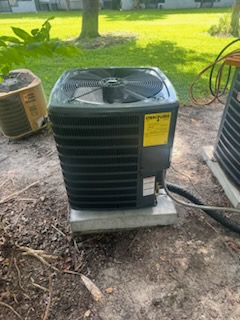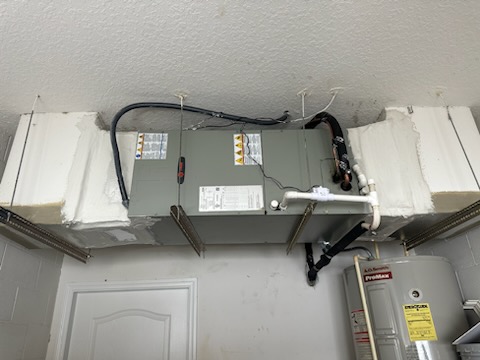How to Identify When Your HVAC System Needs Repair
How to Identify When Your HVAC System Needs Repair
Blog Article
How Regular AC Maintenance Reduces Repair Costs
Heating, Ventilation, and Air Conditioning (HVAC) techniques are essential for sustaining ease in houses and businesses. However, like all physical techniques, they can falter around time. Distinguishing early signals of difficulty can help you save from costly repairs and guarantee one's body goes efficiently. Here's how to identify as soon as your HVAC service system wants fix:

Signals Your HVAC System Wants Restoration
There are lots of signals your HVAC process might need repair. Some tend to be more clear than the others, but it's vital that you focus on any changes in your system's performance. Ignoring possible dilemmas can cause to help expand damage and expensive fixes down the line.
Strange Disturbances
One of the very visible signs that your HVAC program needs restoration is unusual disturbances from the unit. If you hear bumping, clanging, or grinding appears, it might indicate that there surely is a loose or broken element within the system. It's essential never to ignore these sounds and keep these things checked out with a skilled the moment possible.
1. Sudden Upsurge in Energy Expenses
One of the very most apparent signals your HVAC program might need fix is an immediate spike in power bills. If your time usage hasn't transformed somewhat, your expenses have increased, it might suggest that the device is functioning harder than it should. This frequently occurs due to wear and rip or parts that need maintenance. Addressing the matter promptly may reduce more effectiveness failures and larger costs.
2. Strange Noises
HVAC techniques operate with a certain amount of history noise, but unusual seems like rattling, slamming, squealing, or running shouldn't move unnoticed. These noises may suggest loose areas, supporter problems, or generator problems. Ignoring them can lead to substantial damage, turning a reasonable fix into a pricey fix job.
3. Poor Circulation or Bumpy Conditions
If airflow from your own HVAC is visibly weaker or some areas sense too cool or warm while the others are relaxed, it might show that your system's fan or ductwork is compromised. Such problems may stem from a blocked filter, duct flow, or declining compressor. Fast interest can guarantee your home keeps regular ease levels.
4. Weird Odors
An unpleasant smell originating from your ports is never an excellent sign. A musty smell may suggest mold development within the system, while using or smoky scents can point to electric or mechanical issues. These smells shouldn't be ignored as they may pose health problems or lead to system failure.
5. Frequent Cycling or Trouble Beginning
Does your HVAC process turn on and down more often than normal? Or does it struggle to begin at all? These dilemmas can signal a problem with the thermostat, wiring, and other internal components. Continuous biking wastes power and raises use on the system, resulting in more substantial breakdowns if left unaddressed.
6. Excess Moisture or Moisture Build-up

Your HVAC program is in charge of sustaining appropriate indoor humidity levels. If you notice excessive water near the system or sense unusually high humidity inside, it may mean the machine is malfunctioning. Refrigerant escapes or blocked drainage are normal culprits, and they require quick qualified evaluation.
Final Thoughts
Your HVAC program is just a important investment in house ease and energy efficiency. Knowing early warning signs and working rapidly will help prevent costly breakdowns and expand the lifespan of your system. Look out for these issues and consult a professional HVAC technician when you notice any of them. Proactive treatment nowadays can help you save time, money, and tension tomorrow. Report this page